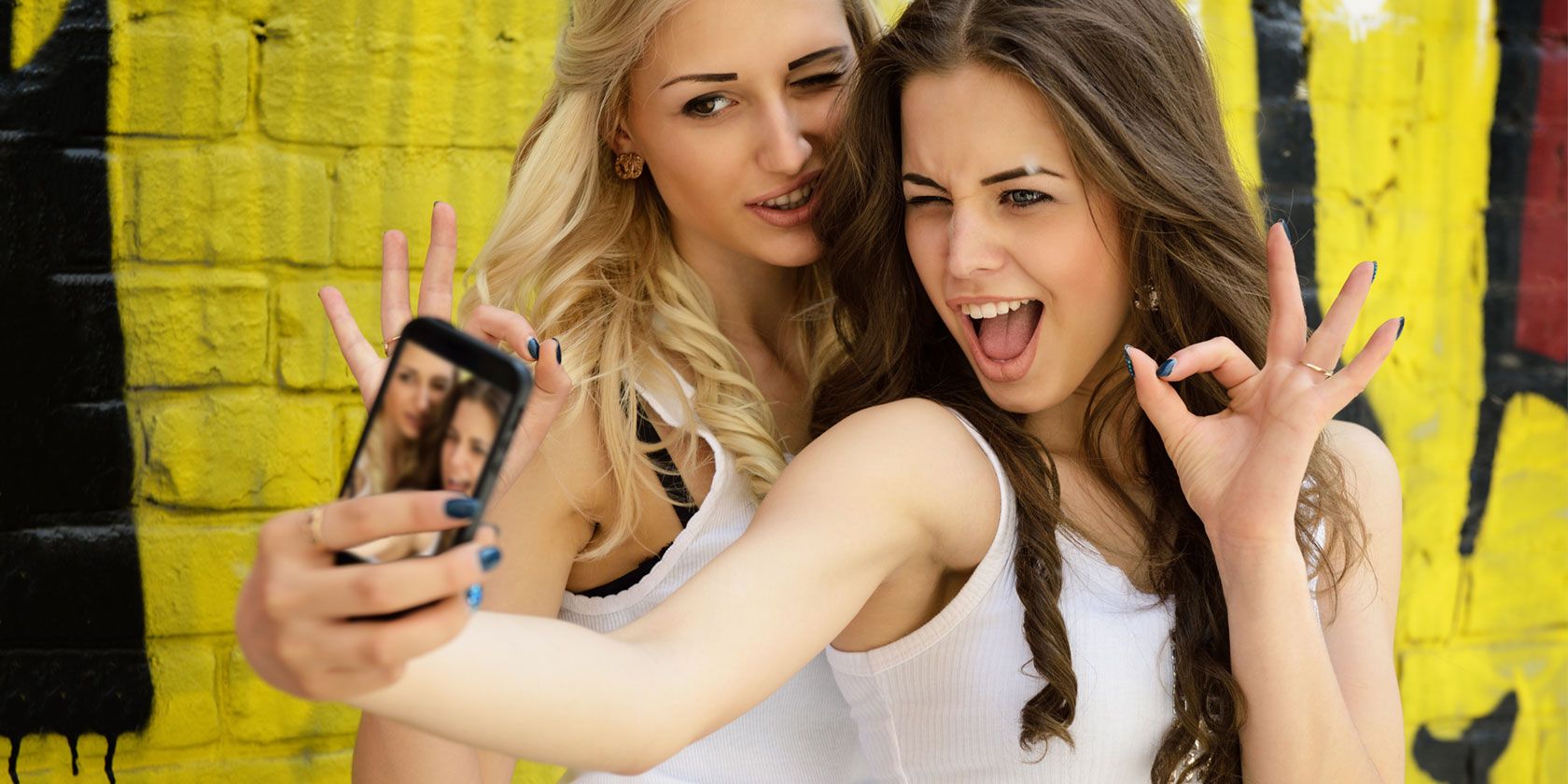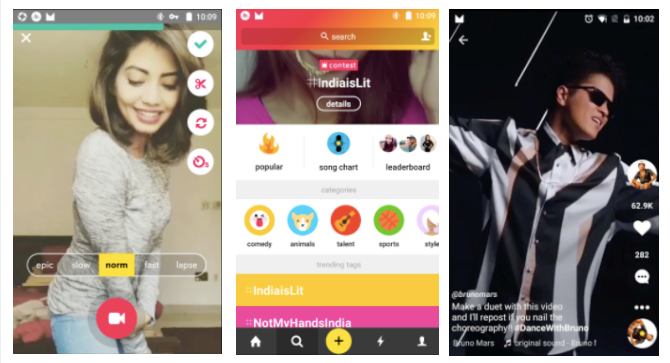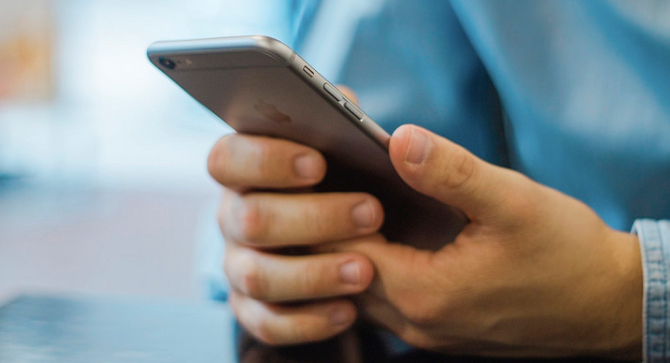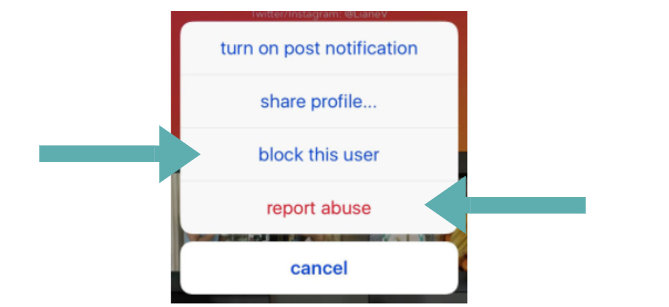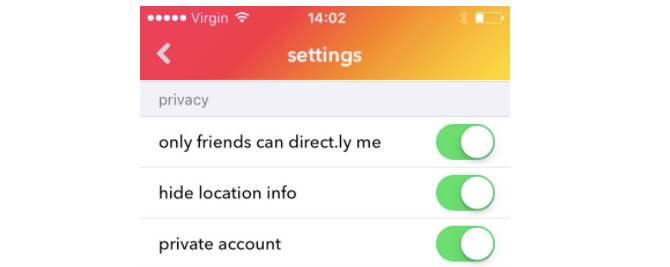Musical.ly is probably the most popular app you've never heard of. Millions of users create and share short videos on this full-blown social network each and every day.
Being most popular among users aged between 13 and 18, however, many parents have reservations about the app. Some of these reservations are more justified than others.
If you want to know what Musical.ly (available on Android, iOS, and Amazon) is all about, and what it's doing to keep kids safe, keep reading.
What Exactly Is Musical.ly?
Think of Musical.ly as the love child of Snapchat, Instagram, and DubSmash.
It's a free app where users -- called "Musers" -- create, edit, and share short videos, which are (usually) set to music. These are called "Musicals." Most of these Musicals tend to be lip-sync videos, but you'll also find some comedy, funny rants, and impressions thrown into the mix, too.
More than just a video sharing platform, Musical.ly is also a fully featured social network. It's easy to connect a Musical.ly account to a Facebook or Instagram account to find and follow other friends who use the app.
Musical.ly's discovery features also allow you to find and follow other users with public profiles. These features include searching by username, browsing trending and popular videos, searching by category, and searching by hashtag. It's also very easy to find celebs using the platform.
When watching other people's videos, users can show some love. They can like the video, leave a public comment, send a private message, or start a duet (basically a remix). As a user yourself, you can expect all of this interaction with your own videos, too.
Who Can View These Videos?
A main point of concern for parents who see their kids using Musical.ly is: who can actually see these videos?
Simply put, if a user has a public profile (which accounts are by default), and they publish a video to that profile, it can be seen, liked, and commented on by anyone who uses the app. It can also be shared by any user to other platforms such as Facebook, Instagram, Twitter, and more.
For more privacy, an account can be set to Private. This means that only users you approve can see your videos -- they cannot be found through the app's discovery features. This option can be found in the main settings menu in the app.
Finally, whether or not an account is public or private, instead of posting a video to your profile, it can be saved privately. This means it can't be seen by anyone other than the creator. These private videos are stored in a folder that only you can access.
It's also worth noting that videos on Musical.ly are not deleted after a period of time like they are on Snapchat (read our guide). Videos will remain on your profile until you delete them manually.
What Kind of Content Is Published?
With so many worrying comments about the kind of videos that are published on the platform, I was pretty wary of what I'd come across on Musical.ly.
But in all honesty, every video I saw was completely innocent. This really is just kids (and celebs) being creative and having a good time. The vast majority of comments are kind and supportive -- the complete opposite of what you'd find on YouTube, Twitter, and the notorious Ask.fm.
In terms of content, there's plenty of lip-syncing, dancing, short comedy sketches, singing, remixes of other user's videos, and creative silliness.
A good number of videos are spurred on by challenges created and promoted by Musical.ly and other celebs on the platform. In the past, these have included the #BottleFlippingChallenge, the #ToastToss challenge, and the #HatToss challenge. As you can see, it's all harmless fun, aimed at encouraging as much creativity as possible.
Most videos run to just 15 seconds in length, but users can also create Stories. This is a feature that combines several short clips into one longer clip of up to 60 seconds. There's also the option to stream live, but that seems most popular for celebs to interact with their fans in real-time.
Is Musical.ly Safe?
Without exception, every social network comes with some risk. Relating to Musical.ly specifically, the main risks are:
- Lyrics that are sexually explicit and contain swearing (the app is heavily focused on music, after all).
- Bullying via public comments and private messaging.
- Bullying at school because of videos posted on Musical.ly.
- Having videos shared to other social networks without permission.
- Inappropriate advances by other users, either via public comments or private messaging.
Musical.ly does understand that its userbase is young and vulnerable, however. The company complies with the Children's Online Privacy Protection Act (COPPA). This essentially means that children under 13 years of age are not allowed to use the app. If they are caught doing so, their account can be removed, with all of their videos deleted.
The app also has several features to protect its users.
If another user is acting in an inappropriate way, you can block them so they can no longer see your videos or interact with you. According to Musical.ly's own page for parents, you can do this by visiting their profile, clicking on the three dots in the upper right corner, and selecting "block this user."
If you come across inappropriate content yourself, it can easily be reported. This is content that's deemed to be abusive, pornographic, hateful, or vulgar. To report a video, click on the three dots in the video and click "report abuse." To report a user, visit the user's profile, click on the three dots in the upper right corner and select "report abuse."
Inappropriate content doesn't seem to be rife on Musical.ly, and isn't something I'd be particularly worried about. That being said, Musical.ly does recommend some resources for children who may be getting bullied, including:
What Precautions Should You Take?
Along with Musical.ly's main preventative features, users need to take some responsibility into their own hands.
First, become familiar with the privacy settings within the app, and adjust these accordingly. This includes activating the setting that only allows friends to send direct messages. You probably want to ensure that the "hide location info" setting is activated, too. And if you want the account to be private, that can be done with a single click in the settings page.
When it comes to posting videos, avoid posting information that could give away a user's identity or location. This includes things like school logos and road names.
These same warnings are applicable to all other social networking sites too, including Facebook.
Musical.ly: A Haven for Creativity?
Kids posting videos of themselves to a global social network is understandably worrying for parents. And Musical.ly is just one of these networks.
Fortunately, this looks to be a responsible company that takes the safety of its users seriously. Yes, there will be cases of bullying, and the occasional inappropriate advance. But this isn't a problem specifically with Musical.ly. It's, unfortunately, something that happens all across the web.
On the bright side, Musical.ly seems far more supportive and friendly than I expected. In this respect, I'd say that for young people, it's far preferable to platforms like YouTube and Twitter where negativity is all too common.
The whole premise of the app seems to be about encouraging creativity and fun. That, surely, is something to support.
What do you think? Does your child use Musical.ly? If so, what do you think of the app? Has your child had any problems or is it all just a bit of harmless fun?
Image Credits: Tuzemka/Shutterstock

